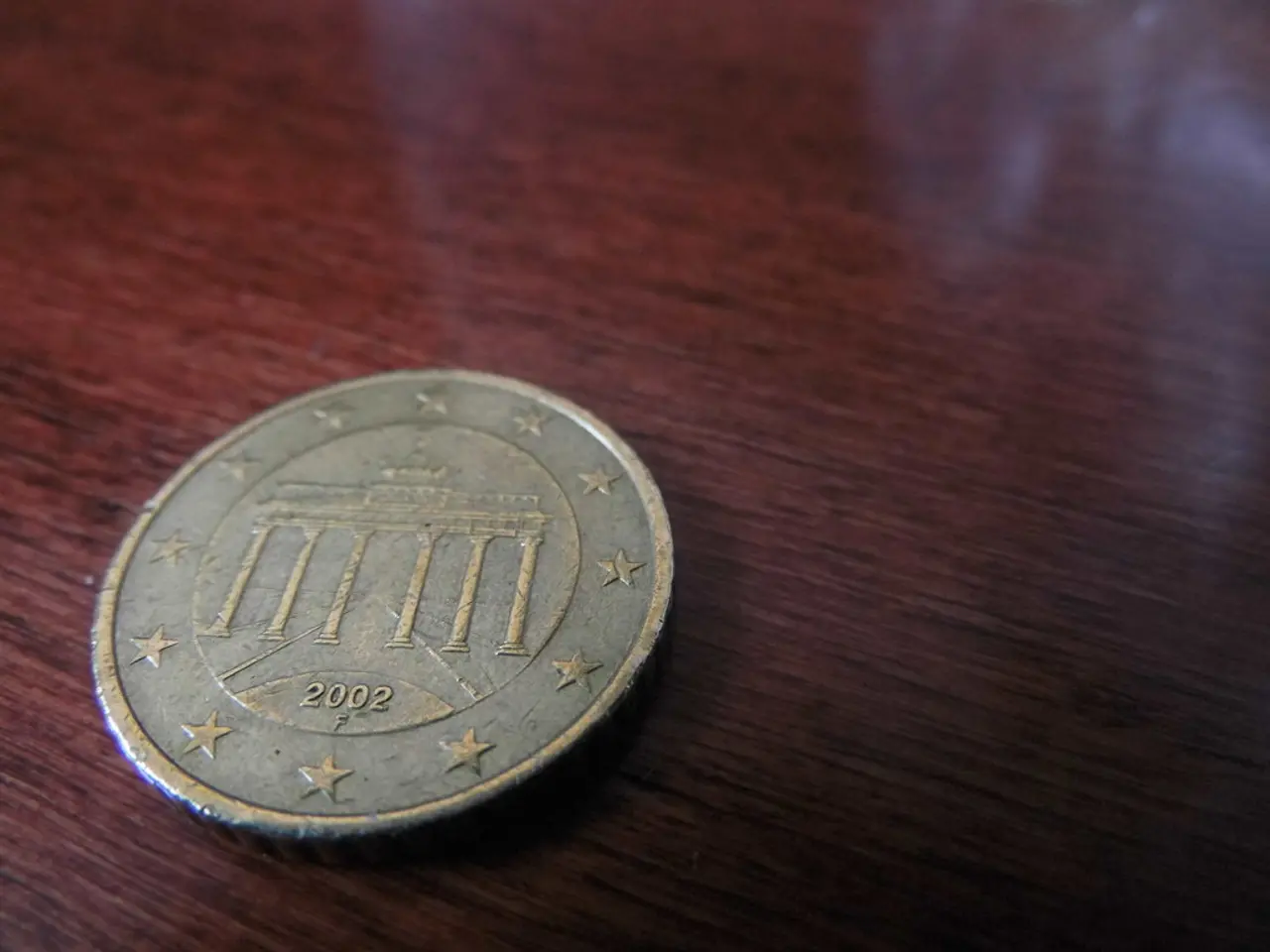Guide for swiftly turning cryptocurrency into physical currency
In the ever-evolving world of cryptocurrency, converting digital assets into traditional cash can be a crucial step for investors and traders. Two popular methods for this conversion are centralized exchanges and peer-to-peer (P2P) exchanges.
Centralized Exchanges
Centralized exchanges, such as Coinbase, Kraken, and Gemini, offer fast transaction processing, typically within 1-3 business days. These platforms are known for their high liquidity, which results in better price stability and less slippage. Additionally, user-friendly interfaces and customer support make them an appealing choice for many. It's worth noting that these exchanges are regulated and secure, with KYC/AML compliance to prevent money laundering activities. However, they do come with higher fees, including conversion and withdrawal fees, and may have geographic restrictions due to regulation.
Peer-to-Peer Exchanges
P2P exchanges, like Paxful and LocalBitcoins, are an alternative method that offers lower fees than centralized exchanges. One of the main advantages of P2P platforms is the ability to negotiate the price directly with the buyer or seller. They also offer more payment options, including cash and bank transfer. Since there's no intermediary controlling the transaction, users have greater privacy and control. However, transactions can be slower and depend on the counterparty's response, and there's still some fraud risk despite escrow services. Users must also have a bank account or accepted payment method.
Additional Options
Another option for converting cryptocurrency to cash is Bitcoin ATMs, which offer instant cash withdrawal without the need for a bank account. These machines are widely available in many urban locations globally. However, they come with high fees compared to exchanges and have limited cash availability based on the ATM's cash reserves. They are also harder to find in rural areas.
When deciding on the best method for converting cryptocurrency to cash, it's essential to consider the speed, fees, and potential tax implications. All transactions on reputable crypto exchanges are reported to the respective government authority, making profits taxable. Traditional banks, relying on the stable value of currencies, may have limitations in accepting cryptocurrency due to its instability.
Sellers using P2P platforms must pay transaction fees to the third-party broker. Sellers should also verify the buyer's identity and payment details to avoid fraud. This process is designed to prevent money laundering activities.
In summary, if you prioritize convenience, speed, and security, centralized exchanges are preferred but come with higher fees and less pricing flexibility. If you prioritize lower fees, price negotiation, and privacy, P2P exchanges offer a solid alternative but require more time and caution. Bitcoin ATMs provide an instant physical cash option but usually at a premium cost and limited availability.
Cryptocurrency investing often requires converting digital assets into traditional finance, and both centralized exchanges and peer-to-peer (P2P) exchanges serve as popular methods for accomplishing this. In contrast to P2P exchanges that offer lower fees, centralized exchanges, such as Coinbase, Kraken, and Gemini, provide fast transaction processing and high liquidity, but users may encounter higher fees and geographic restrictions.
For those who prefer lower fees, price negotiation, and greater privacy, P2P platforms like Paxful and LocalBitcoins offer an appealing alternative to centralized exchanges; however, transactions can be slower and depend on the counterparty's response, and there's still some fraud risk despite escrow services.







